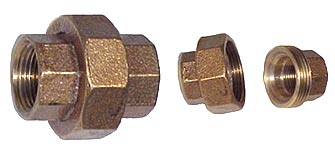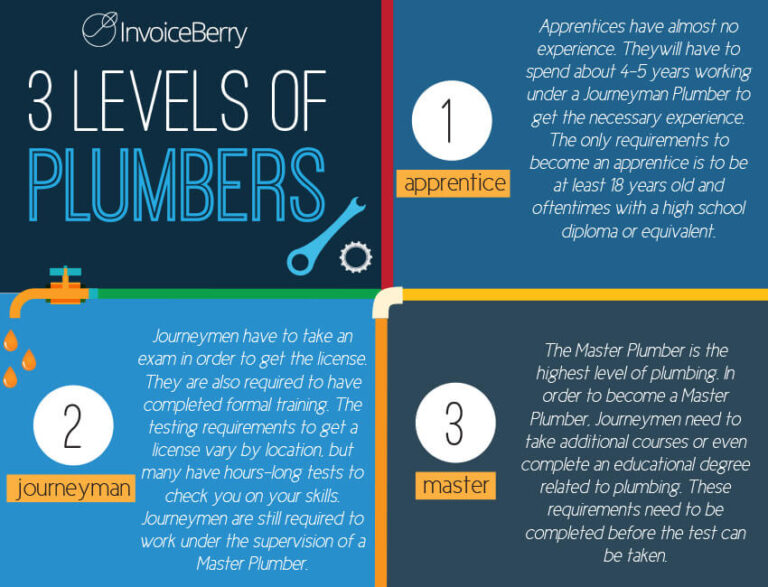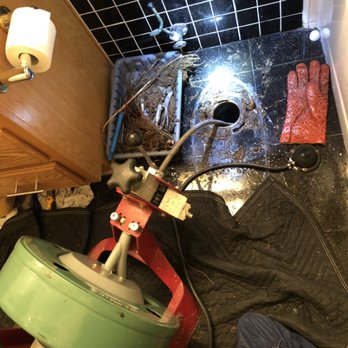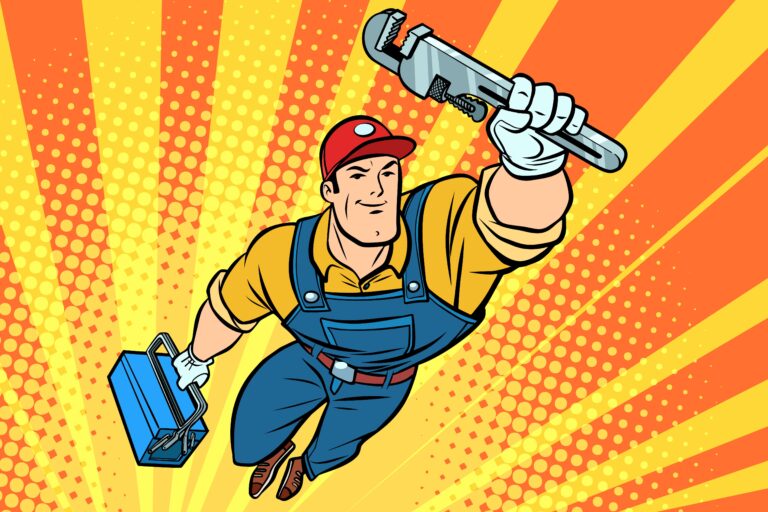What Is A Plumbing Union?
A plumbing union is an organization that provides collective representation, advocacy, and support for plumbers in a given geographical area. These unions typically negotiate collective bargaining agreements with local governments and employers to ensure fair wages, benefits, and working conditions for plumbers. They also provide educational opportunities to members, and may offer apprenticeship programs for those who are just starting out in the industry. Plumbing unions are most common in the United States and Canada.
Overview of Plumbing Unions
Plumbing Union professionals are essential to the safe and effective maintenance of plumbing systems. They are responsible for the installation, repair, and maintenance of pipes, fixtures, and other plumbing equipment. Plumbing Unions play a critical role in the protection of public health and safety by ensuring that plumbing systems are safe and functioning properly. Additionally, these unions work to ensure that members receive fair wages and benefits, as well as to provide education and training for their members. Plumbing Unions are dedicated to providing quality service and expertise to their members, while also upholding their professional and ethical standards.
Benefits of Joining a Plumbing Union
By joining a plumbing union, you can gain access to a wealth of resources, benefits, and opportunities. Plumbers in a union have access to better wages and benefits, such as healthcare and retirement plans. Unions also provide job security, as they are able to negotiate better contracts with employers. Additionally, union members receive education and training, allowing them to stay up-to-date on the latest developments in the trade. Union members also benefit from a network of support, which can provide assistance in times of need. By joining a plumbing union, you can take advantage of the resources, benefits, and opportunities it offers to help ensure a secure and prosperous future in the plumbing industry.
Requirements for Becoming a Member of a Plumbing Union
Plumbers are essential members of a community, providing vital services to keep our homes and businesses running efficiently. Becoming a member of the plumbing union can be a great way to build a career in this sector, offering access to resources, job opportunities, and specialized training. To become a member of a plumbing union, applicants must meet certain requirements, including having a valid license and a minimum of two years of experience as a plumber. Additionally, potential members must pass a union-administered exam and demonstrate their commitment to the craft by following the union’s code of conduct. Being part of a plumbing union can open up a world of possibilities for aspiring plumbers, so if you’re looking to take your career to the next level, consider exploring your union membership options today.

Different Types of Plumbing Unions
Plumbing unions are essential components of any plumbing system. They are used to connect two pipes or fittings together, providing a secure and reliable seal. There are many different types of plumbing union, each with their own purpose and characteristics. Slip unions, for example, are useful for making quick and easy connections in a plumbing system, whereas threaded unions are designed to create a secure, watertight seal. Compression unions are ideal for connecting two pieces of piping that differ in size, while soldered unions are often used for joining copper pipes. Regardless of what type of plumbing union is required, it is important to use the correct one for the job at hand so that the plumbing system functions correctly and safely.
History of Plumbing Unions
The history of plumbing unions dates back to the early 19th century, when tradesmen formed unions to protect their rights and ensure safe and fair labor practices. These unions have seen many changes over the years, from the introduction of the eight-hour workday and improved wages, to the development of sophisticated safety regulations and procedures. Plumbers’ unions have been integral to the success of the industry, ensuring that plumbing professionals are well-trained and have access to the resources they need to provide quality work. Plumbers’ unions have also been instrumental in helping to shape modern plumbing codes and regulations, ensuring that the industry continues to be safe and efficient. The history of plumbing unions is an inspiring story of strong working-class solidarity and continues to inform the practices of the industry today.
Current Issues and Challenges Facing Plumbing Unions
Plumbing unions face an array of current issues and challenges, ranging from a decline in membership, to an aging workforce, to a lack of skilled labor and a shift in the industry towards non-union businesses. Union membership has been on the decline for decades, leaving fewer resources to advocate for better wages and working conditions. The aging workforce is leading to a shortage of skilled workers, as fewer young people are entering the trade. Additionally, the industry is increasingly shifting towards non-union businesses, which can often undercut union labor. These challenges can be addressed through increased public awareness, training opportunities, and stricter labor laws. By addressing these issues, plumbing unions can continue to serve as an important force in the industry.
FAQs About the What Is A Plumbing Union?
1. What is the purpose of plumbing unions?
Plumbing unions are organizations of professional plumbers that provide a platform for collective bargaining and advocacy for their members. The unions strive to ensure fair wages, safe working conditions, and the best job opportunities for plumbers.
2. Who can join a plumbing union?
Membership in a plumbing union is typically open to professional plumbers who are employed in the industry. In some cases, apprentices may be able to join a union as well.
3. What benefits do plumbing unions offer?
Plumbing unions offer a variety of benefits to their members. These benefits may include wages and benefits, job security, educational opportunities, and legal representation in the event of a dispute with an employer.
Conclusion
The plumbing union is an important tool for protecting the rights of plumbers and helping them to receive fair wages and working conditions. Through collective bargaining and other activities, the union helps to ensure that the industry is regulated and that all plumbers are respected and valued for the skilled work they do. By joining a union, plumbers can benefit from having a strong voice in the industry and can rest assured that their rights will be protected.







